
The air we breathe has a significant impact on our health and well-being.
This is especially true in healthcare settings like dental practices, where air quality directly affects patients, providers and the overall quality of care.
Poor indoor air quality in dental practices can elevate the risk of illness and facilitate the transmission of diseases.
In light of these factors, it becomes crystal clear that optimising air quality should be the utmost priority for every dental practice.
So, read on as we explore the vital role of air quality in dental practices and unlock the secrets to a breath of fresh air in your dental experience.
When it comes to dental clinics, the air isn’t just filled with the scent of minty fresh toothpaste. It also contains airborne contaminants that can have detrimental effects.
These contaminants, such as bacteria, viruses and pollutants, can pose a significant risk to the health of everyone present.
First and foremost, air quality plays a crucial role in infection control and prevention. Dental procedures often generate aerosols and droplets that can harbour harmful pathogens.
By ensuring optimal air quality, we can minimise the transmission of infectious diseases and create a safer environment for both patients and dental practitioners.
Furthermore, the quality of indoor air directly impacts the overall healthcare experience. Dental practices can enhance patient comfort, satisfaction and safety during treatment by prioritising air quality.
Now that we understand the significance of air quality, let’s take a closer look at the types of airborne contaminants found in dental practices.
These contaminants can range from bacteria and viruses to hazardous chemicals and particulate matter.
Dental procedures themselves contribute to airborne contamination.
The use of high-speed instruments, air-water syringes and dental compressors can release aerosols and particles into the air.
Additionally, chemicals like disinfectants and mercury-based amalgam fillings can also contaminate the air.
It’s important to acknowledge the risks associated with these contaminants.
Inhalation of airborne pathogens can lead to respiratory diseases, while exposure to chemicals and particulate matter can have both immediate and long-term health effects.
Dental healthcare providers must take proactive steps to mitigate these risks.
To combat airborne contamination, air purification and ventilation are essential tools in a dental practice’s arsenal.
Let’s explore their roles and effectiveness in maintaining optimal indoor air quality.
High-efficiency particulate air (HEPA) filters, play a vital role in removing contaminants from the air.
These filters effectively capture bacteria, viruses, allergens and other harmful particles, ensuring cleaner air for everyone.
The Dustex Raptor unit is a powerful air purification system designed to bring clean air in or remove contaminated air out.
With an impressive capacity of up to 1000 m3/h, it can create negative or positive pressure environments.
A single air change can remove approximately 63% of airborne contaminants, and after 5 air changes, less than 1% of the original contamination remains.
The Dustex Raptor unit is a game-changer in ensuring optimal air quality for dental practices, making it a reliable ally in creating a healthier and safer environment.
But remember, air purification alone is not enough. Proper ventilation for dental surgeries and decontamination rooms are equally important.
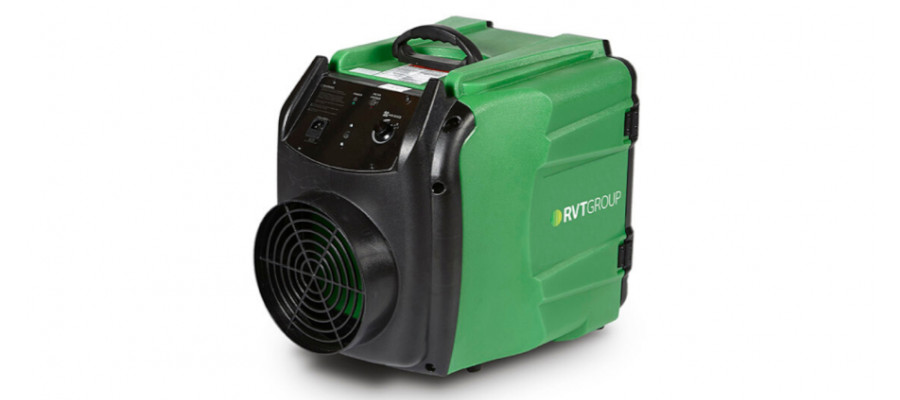
Ventilation plays a vital role in maintaining optimal indoor air quality in dental practices. By increasing the ventilation rate and reducing exposure time, we can effectively control the transmission of viruses and improve overall air quality.
In dental practices, proper ventilation is crucial for these reasons.
Firstly, it helps to dilute and remove airborne contaminants, including aerosols and droplets that are generated during dental procedures. By enhancing ventilation, we can reduce the concentration of these contaminants in the air, minimising the chances of infection transmission.
Secondly, ventilation plays a significant role in maintaining a healthy and comfortable environment. It helps to regulate temperature and humidity levels, ensuring that the dental practice is a pleasant place for both patients and staff.
There are different approaches to ventilation in dental practices.
Natural ventilation relies on windows, doors and other openings to allow fresh air to enter and stale air to exit.
Mechanical ventilation, on the other hand, utilises fans, ducts and air handling units to provide controlled air exchange.
In some cases, a combination of natural and mechanical ventilation, known as hybrid ventilation, may be employed to achieve the desired airflow.
It’s important to note that building regulations recommend a ventilation rate of 10 litres per second per person, while healthcare guidance suggests a minimum of 10 air changes per hour in treatment rooms.
Proper maintenance and regular inspection of ventilation systems are essential to ensure their effectiveness. Filters should be regularly cleaned or replaced to prevent clogging and maintain optimal airflow.
Additionally, ventilation systems should be regularly inspected for any issues or malfunctions that could compromise air quality.
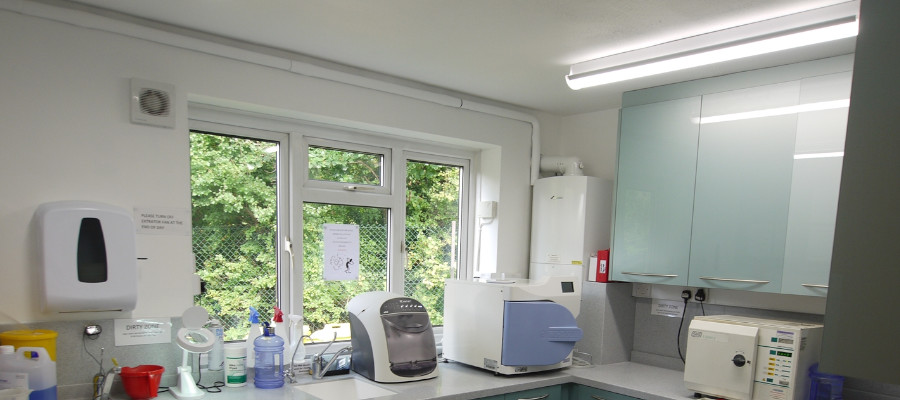
Air conditioning units are commonly used in dental practices to regulate temperature and humidity levels, ensuring a comfortable environment for patients and staff.
While air conditioning primarily focuses on cooling the air during hot weather, it also plays a role in maintaining optimal indoor air quality.
In dental practices, air conditioning systems can be connected to the ventilation system to provide a comprehensive approach to air management.
These systems not only help in maintaining a pleasant temperature but also aid in improving air quality by circulating and filtering the air.
By integrating air conditioning with ventilation, dental practices can effectively remove stale air and introduce fresh air, contributing to the overall air quality.
The filtration system within the air conditioning unit also plays a role in capturing and removing particulate matter and other harmful substances from the air.
Regular maintenance of air conditioning units is essential to ensure their optimal performance and effectiveness in improving air quality. This includes cleaning or replacing filters, inspecting ducts for any blockages or leaks, and addressing any malfunctions promptly.
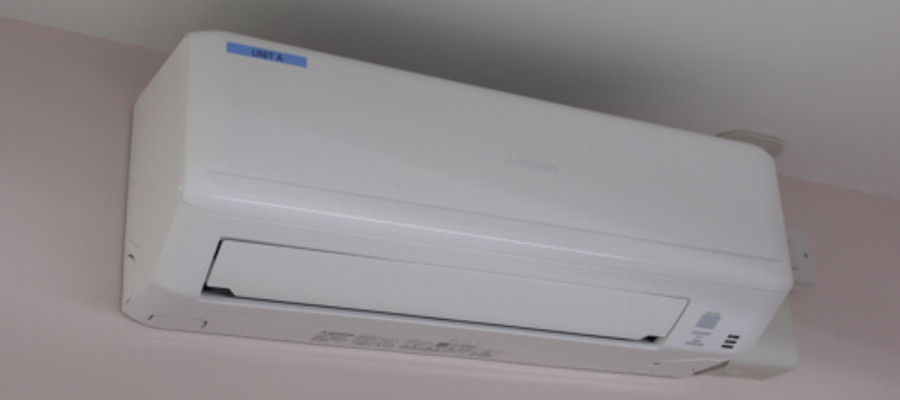
Improving air quality in dental practices isn’t just about ensuring health and safety—it also enhances the overall lifestyle within the dental practice.
For dental professionals, improved air quality creates a more pleasant work environment.
Breathing in fresh and clean air boosts focus, productivity and overall well-being.
On the patient side, air quality significantly affects comfort and satisfaction.
When patients feel comfortable in the dental chair and breathe clean air, it creates a positive experience that fosters trust and loyalty.
By prioritising air quality, dental practices can ensure their patients leave with smiles on their faces and a spring in their step.
Are you looking for efficient and flexible solutions to maintain optimal air quality in your dental practice?
Look no further than Eclipse Dental. We offer a range of products and services specifically designed to combat airborne contamination and create a healthier environment for you and your patients.
With our high-efficiency particulate air (HEPA) filters and the powerful Dustex Raptor unit, you can effectively remove up to 63% of airborne contaminants with just a single air change.
Proper ventilation is key to diluting and removing airborne contaminants generated during dental procedures. Our ventilation systems help reduce the concentration of these contaminants, minimising the risk of infection transmission.
Temperature and humidity control is crucial for a comfortable dental practice environment.
Our team offers in-house air conditioning installation and servicing, meticulously tailored for dental practices. Trained and certified with F-Gas Certification, we ensure your air conditioning needs are managed by highly qualified personnel.
We are equipped to work on all systems, whether under or over 3kg (5 Tonnes CO₂ eq) and hermetically sealed systems over 6 Kg (10 tonnes CO₂ eq), ensuring we have the necessary tools and procedures to meet the highest standards.
Certified under the implementing regulation 2015/2067, articles 2, 6, and 7, you’re in safe hands with us, including electrical work and certification, guaranteeing a hassle-free experience and regulatory compliance.
For a comfortable and healthy environment, we also provide fresh air ventilation systems that meet the standard of 10 air changes per hour required in a dental surgery.
At Eclipse Dental, we are committed to delivering comprehensive solutions for your dental practice. Our expertise, combined with our dedication to air quality management, allows us to create a healthier and safer environment for you and your patients.
Contact us today to explore how our products and installation services can enhance the air quality in your dental practice and improve the well-being of everyone involved.
Whether you’re starting from scratch or upgrading your existing surgery, our expert team is here to design, build and equip a practice tailored to your needs.
Fill out this form, and we’ll be in touch within 24 hours to discuss how we can make your project a success.
Eclipse Dental is committed to protecting and respecting your privacy, and we’ll only use your personal information to administer your account and to provide the products and services you requested from us. From time to time, we would like to contact you about our products and services, as well as other content that may be of interest to you.
You can unsubscribe from these communications at any time. For more information on how to unsubscribe, our privacy practices, and how we are committed to protecting and respecting your privacy, please review our Privacy Policy.
Investing in air quality management is not just a short-term fix—it’s a long-term commitment to the well-being of dental healthcare providers, patients and the practice itself.
Here are some of the lasting benefits dental practices can expect:
In the world of dentistry, where oral health takes centre stage, we must not overlook the importance of indoor air quality.
By ensuring optimal air quality in dental practices, we can create a safer, healthier and more comfortable environment for dental healthcare providers and patients alike.
Investing in air purification, ventilation, and cutting-edge technologies provides efficient and flexible solutions to manage air quality effectively.
By taking these steps, dental practices can enhance their lifestyle, prioritise patient satisfaction and reap long-term benefits.
So, let’s take a deep breath and make optimal indoor air quality a priority in our dental practices. After all, a breath of fresh air can make all the difference in providing exceptional oral healthcare.
Breathe easy and smile confidently with our commitment to optimal indoor air quality in dental practices.
1. How does poor air quality in dental practices impact patient health?
Poor air quality in dental practices can have a significant impact on patient health. The airborne particles and contaminants present in dental clinics can be inhaled by patients, potentially leading to respiratory issues, allergies and other health effects. It is crucial to maintain good indoor air quality to ensure a safe and healthy environment for patients.
2. What are the risks associated with airborne particles in dental practices?
Airborne particles in dental offices can contain various pollutants, such as bacteria, viruses, chemicals and allergens. These particles can pose health risks, especially for patients with respiratory conditions or weakened immune systems. Investing in air quality management helps reduce the risk of exposure to these hazardous particles.
3. Are there any specific guidelines or recommendations for air quality management in dental practices?
Yes, there are guidelines and recommendations for air quality management in dental practices. Public Health England, along with other health technical publications, provides guidance on maintaining good indoor air quality in healthcare settings. Following these guidelines can help dental practices create a safe and healthy atmosphere for patients and staff.
4. How can dental practices achieve 10 air changes per hour?
Dental practices can achieve 10 air changes per hour by integrating air conditioning with ventilation systems, ensuring proper circulation and filtration of air, effectively removing stale air and introducing fresh air into the practice.
5. What are the benefits of investing in air quality management for dental practices?
Investing in air quality management for dental practices brings several benefits. It helps reduce the risk of contamination during dental procedures, improves the overall air quality in the clinic, enhances patient and staff comfort, and reduces the transmission of airborne diseases. It also helps maintain compliance with relevant health and safety regulations.
6. Can the air used in dental procedures be contaminated?
Yes, the air used in dental procedures can be contaminated with airborne particles, which may include bacteria, viruses and other pollutants. These contaminants can pose a risk to both patients and dental staff. Implementing proper air quality management measures can help minimise the levels of contamination in the air used during dental treatments.
7. How can investing in air quality management help reduce the spread of diseases like the coronavirus?
Investing in air quality management is essential for dental practices, especially in the current scenario of the coronavirus pandemic. Contaminated air can potentially contribute to the spread of viruses like the coronavirus.

I have used them for the first time in recent months for a complicated project in carrying out a practice refurbishment. Eclipse were meticulous and brilliant. Very knowledgable engineers and a beautiful finish to my practice. They really are a family based business who will look after you. Very professional company and will definitely keep using them.

I had my 2 surgery practice completely stripped out and services repositioned with new flooring, new equipment and redecorated. They kept to the agreed time scale and we were up and running in our state-of-the-art new surgery. Thank you Eclipse and I will be using your services again.

I did a lot of research looking for a dental fit-out company before I came across Eclipse Dental. They designed the surgery exactly the way I wanted it to look which suits my requirements perfectly. The final result was phenomenal, just phenomenal!
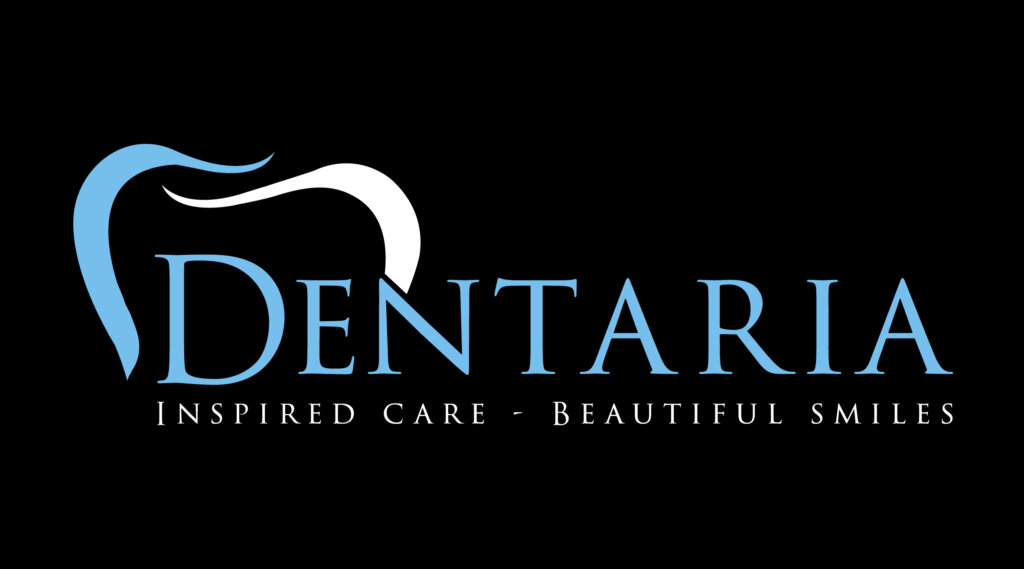
The engineers that attend our practice are very knowledgeable and always act in a professional manner. If we have an emergency situation John Boyt always tries his best to fit us in. I have no hesitation in recommending Eclipse Dental Engineering to you for all your servicing and breakdown needs.

Eclipse listened to my ideas, they added a lot to them and improved my initial design. They had loads of realistic and creative ideas for a 21st century dental practice! Two surgeries were refurbished on time without any interruption of our clinics.

We would highly recommend the awesome Eclipse team who guided us through the design process, finishing touches and colour schemes. Their ability to combine build works with equipment and dental engineering makes it so much easier and better value.

I am very pleased with the result, it is of a high quality and surpassed my expectations, on the strength of the work done I commissioned some extra wall cabinetry. The whole process was hassle-free and I would be very happy to recommend Eclipse to my friends in the business.
We used Eclipse recently in an emergency as we had equipment failure. They were very quick to respond to our call and were able to get us working again within 2 hours. The engineer was very friendly and professional and I would highly recommend this company.

I would like to express my gratitude to you and your team for your professionalism and prompt response when our dental chair packed up. You attended the same day, removed the damaged chair and installed a rental to allow us to continue practising.
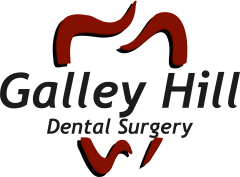
Having dealt with many fit-out companies over the years, Eclipse Dental has been one of the most professional, dependable and sincere companies I have ever worked with. I would not hesitate to use their services again.
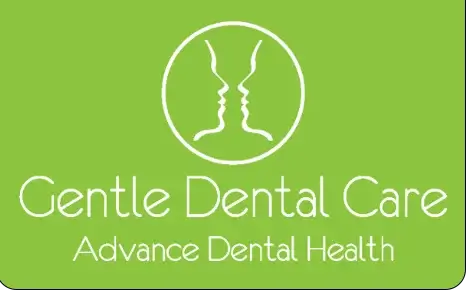
Excellent service, Eclipse have worked tirelessly for us and have always come out same day if we have a problem stopping us working. Thanks to all at Eclipse.
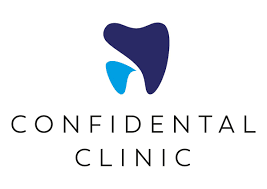
Their awareness of CQC regulations regarding equipment relocation and our necessity to minimise downtime was brilliant. We would like to recommend Eclipse Dental to anyone considering a refurbishment or relocation.
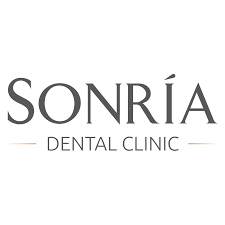
Very happy with the service and reliability of the team. From the beginning to the end, everyone was always helpful and very kind. I definitely will recommend Eclipse Dental!

I liked how swiftly the projects were done. Everything was managed, everything was timed and everything was coordinated. And every day we saw something happening. It was very exciting.

The quality of craftsmanship was exceptional—the cabinetry, flooring and all custom elements were made precisely to our specifications and aligned perfectly with our vision for the space.

Brilliant. Just professional! Complete refit of surgery. Flawless.

The boys did well! We didn’t give them much time to prepare but they did a great job, extremely pleased.

We have had the chairs for some time now and are happy with them. They serve what we need them for. The aftercare service is excellent

Eclipse are very flexible and listen to your needs. We are very impressed with the quality of workmanship they delivered. I would not hesitate to continue recommending Eclipse.
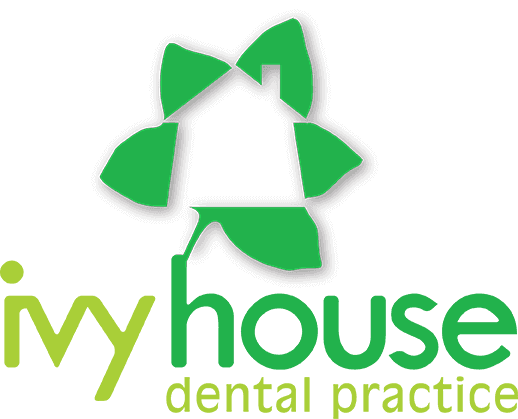
Eclipse were always accommodating of any requests and would always go the extra mile. I look forward to working with them for many years to come.

We are delighted with the end result. The practice looks good and, more importantly, works ergonomically and efficiently.